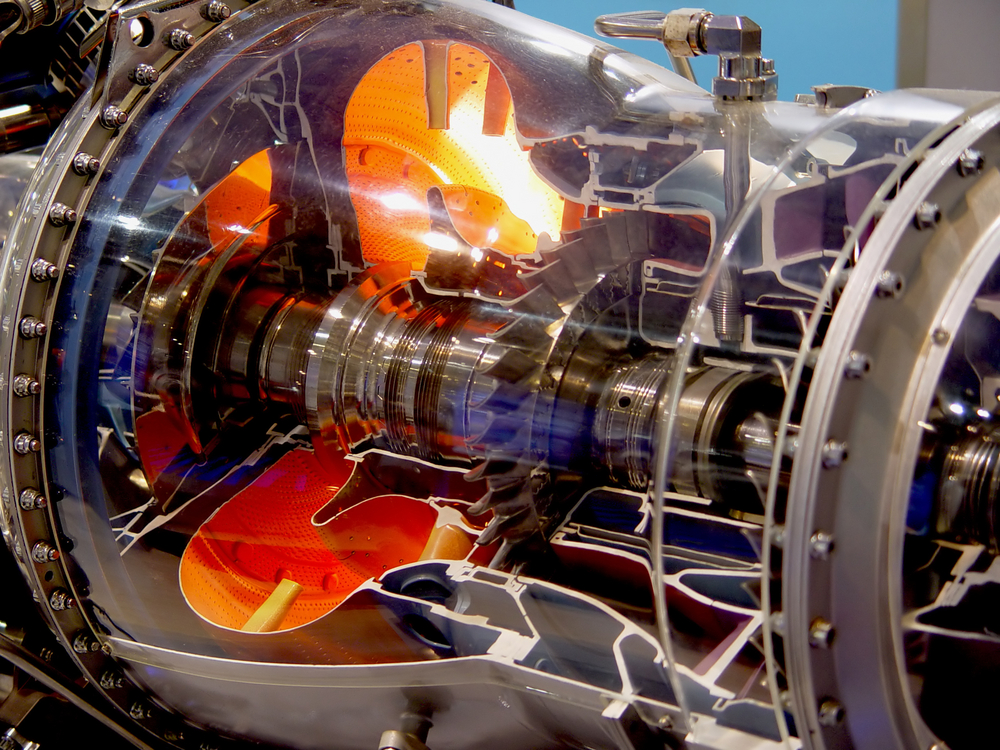Mechanical, civil or electrical? A guide to choosing your engineering degree
Engineering is a big subject with big goals. Broadly speaking, engineers use their creativity to help solve global challenges and improve or even save lives. We know, impressive stuff!
But there are so many different types of engineering – from aeronautical to electrical or computer to chemical. How do you know which type of engineering is the right discipline for you? And then there’s the decision of where to study!
Luckily for you, we’ve put together this handy guide. A career in engineering – in any field – will give you the chance to make a real-world impact. Now’s your time to shine.
Aerospace or aeronautical engineering

Making machines fly is one of the incredible feats of mankind – and that is the magic of aerospace engineering. Combining cutting-edge technology and scientific principles, you could be designing the next generation of aircraft and spacecraft.
If you’re a high flyer with strong numerical skills, then aerospace engineering could be right for you. You’ll follow in the footsteps of Neil Armstrong – the first man on the moon – who studied aerospace engineering at university.
Top universities for aerospace engineering
- Put theory into practice with practical sessions in the state-of-the-art Merlin Excalibur II flight simulator and a week-long flight-testing course with the National Flying Laboratory Centre at Queen’s University Belfast.
- The University of Manchester was the first English university to offer an engineering degree. All of its aerospace engineering programs are accredited by the Royal Aeronautical Society.
- Aviation programs at Saint Louis University will help you take to the skies, thanks to top facilities and partnerships with major airlines – find out more in our blog.
Chemical engineering

Ready to turn oil into a smartphone? That’s what chemical engineers do: change raw materials into useful products you use every day, in a safe and cost-effective way.
Study chemical engineering and you’ll be in demand. Everything from the food we consume to the medicines we take and the energy we use depend on the technical know-how of chemical engineers.
World leaders in chemical engineering
- The birthplace of chemical engineering, The University of Manchester is ranked 14th in the world for Chemical Engineering (QS World University Rankings by Subject 2024).
- Study with the innovators at Newcastle University, making discoveries such as sea urchins holding the key to converting CO2 harmlessly. Newcastle is also ranked in the world top 150 for Chemical Engineering (QS World University Rankings by Subject 2024).
Civil engineering

This branch of engineering covers everything that’s built around us, from roads and bridges to buildings and airports. Civil engineers are the minds behind the infrastructure of our modern cities, ensuring power supplies and transport systems all work.
Use your curiosity to improve the physical world around you. You’ll cover scientific topics including mechanics, hydraulics and geology, as well as computer-aided design. As our cities grow, so too will the need for civil engineers.
Top universities to build your civil engineering skills
- Specialize in either structural or environmental engineering with one of Hofstra University’s programs, located close to New York City.
- Gain the skills you need to turn designs for buildings and bridges into reality at Newcastle University.
- Study at The University of Western Australia‘s EZONE facility – a world-class innovation and tech hub for engineering students.
Computer or software engineering

Merging electrical engineering with computer science, you’ll be using your technical skills to invent and develop the hardware and software our increasingly digital society needs.
Bill Gates wrote his first software program at the age of 13. With your love for technology, and the ability to work in a constantly evolving environment, perhaps you could follow his career path?
Ideal universities for computer engineering
- Use sophisticated computer-aided design labs at Saint Louis University to plan solutions for today’s technology-based devices and systems.
- Enjoy the use of the Big Data Lab and Cybersecurity Innovation and Research Center at Hofstra University.
- The opportunity to work with Deloitte in the second semester of your first year in software engineering at Queen’s University Belfast.
Electrical and electronic engineering

Make the world a better, more connected place by using your knowledge of electricity. This could be on a large scale such as power generation and distribution, or in the use of network communications, AI or robotic systems.
As the world is looking to move away from fossil fuels to more sustainable energy sources, soon electric vehicles will be commonplace – and electrical engineers will be needed to drive this change, plus many others.
Explore these universities for electrical engineering
- Enjoy some of the best engineering facilities in the country from the National Instruments Lab to the National Grid High Voltage Facility, one of the largest of its kind in the UK at The University of Manchester.
- Get involved and compete in competitions with teams covering robotics, rocket engineering, network security and more at Queen’s University Belfast.
Mechanical engineering

This broad branch of engineering overlaps with lots of other types of engineering, opening doors to many careers. Whether it’s racing cars or robots, if it moves, it’s likely to be covered by mechanical engineering.
Combining science, maths and computing, you’ll become expert in how to maintain, analyze, design and manufacture machinery. Key topics include thermodynamics, stress analysis, fluid dynamics and technical drawing.
Discover these universities for mechanical engineering
- Benefit from work placements and strong links with companies including Caterpillar, Nissan, Network Rail and Jaguar Land Rover when you study at Newcastle University.
- Mechanical engineering alumni from Saint Louis University have started careers at Boeing, General Electric, NASA, Textron Systems and Space X.
- Work towards a general career in mechanical engineering or elect to concentrate on aerospace engineering at Hofstra University.
These are just a few of the more popular types of engineering; there are many, many more available: environmental, petroleum, systems, data, mechatronics, robotics, sound, mining…
What’s important to remember is that many of the skills engineers use are common across all these disciplines, giving you scope to move between different fields during your career.
You’ll also gain plenty of transferable skills during your engineering degree that other industries find appealing, meaning you’ll always be a globally employable individual!
To find out more about studying engineering in the UK, US or Australia, head over to our website.
Connect with other students and give us a follow on YouTube, Facebook, Instagram and Twitter!



